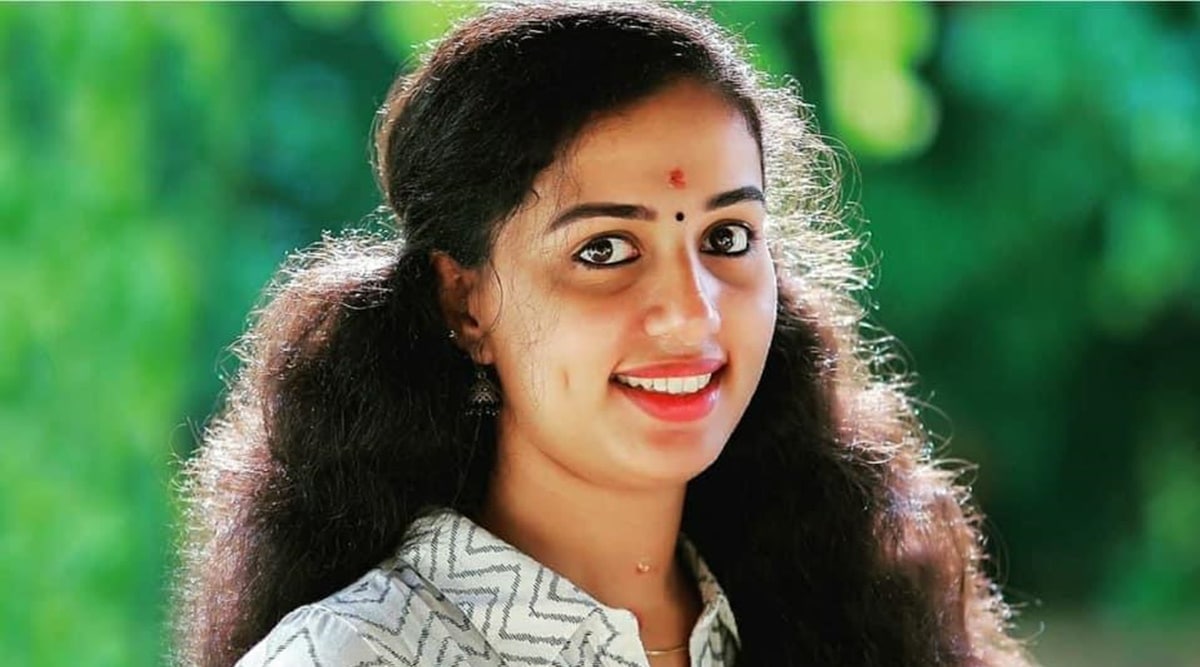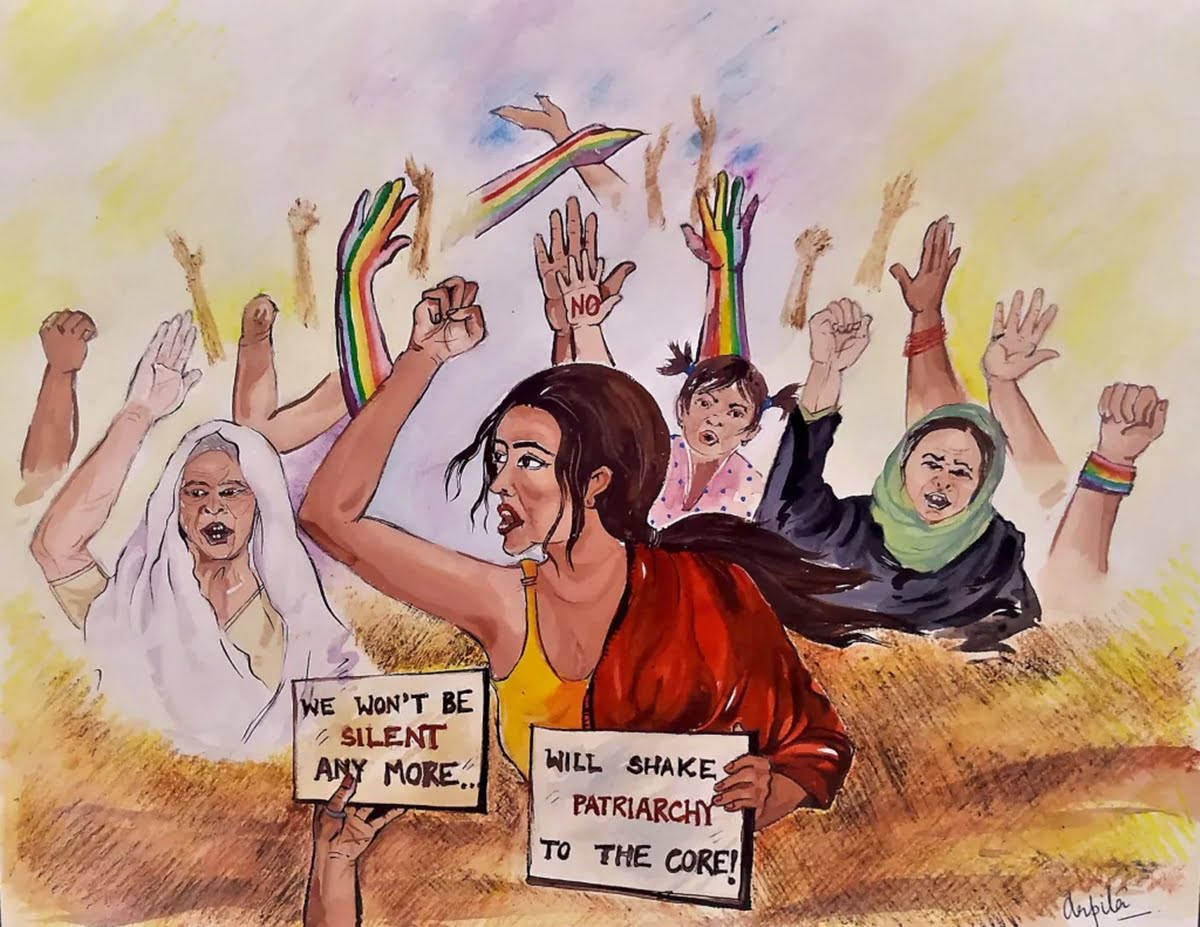Trigger Warning: Mentions of suicide
Vismaya V Nair, a young woman from Kollam district in Kerala, was found dead on 21 June, merely days after sharing instances of domestic abuse by her husband to her cousin. An Ayurveda Medicine student, Vismaya had reportedly begun to be tortured merely a week into their marriage by Kiran Kumar, who had constantly stirred up arguments over insufficient dowry. Family members testified that he would often pick fights over a car that Vismaya’s family had offered as dowry, claiming it to be of ‘an old model’ and that it ‘didn’t have enough mileage’. However, the abuse that Vismaya had faced does not end here, which becomes abundantly, though shockingly clear, when a friend reveals that Vismaya was also emotionally abused by the mother-in-law.
Vismaya’s family had offered as dowry, claiming it to be of ‘an old model’ and that it ‘didn’t have enough mileage’. However, the abuse that Vismaya had faced does not end here, which becomes abundantly, though shockingly clear, when a friend reveals that Vismaya was also emotionally abused by the mother-in-law.
An agonising truth remains that Vismaya’s family was aware of Kiran’s abusive behavior, and had once watched him beat her in a drunken daze, while also assaulting her brother who tried to intervene. Although the family reported the event, the incident was watered down to a compromise under the insistence of the circle inspector, local politicians and Kiran’s family. While separation or divorce ‘just because your husband hit you once’ has always and continues to be looked down upon in our society, Vismaya stayed with her parents for the following months, before returning once again to her husband’s, following which she was never allowed to come home again.
Also read: Shamelessly Embroidering Dowry In Lavish Kashmiri Weddings
Restricted from calling anyone else, Vismaya once expressed to her mother over call that she was going to ‘deal with it, this is life’ and continued to bear the severe abuse. Setting marriage on a social pedestal as an institution to revere and oblige to, has, historically, been lopsidedly disadvantageous to women. Their professional, social and economic choices begin to be narrated and controlled by marriage, more than it affects those of men.

On the night of her death, Vismaya had strongly expressed that she wanted to return to her parent’s house after another fight between the two. While speaking to Manorama News, Kiran’s father calmly, yet eerily passes a comment while reiterating the incident, “You know how young girls nowadays are, making a big havoc about everything, being mischievous,” [loosely translated]. Not only does he completely disregard an adult woman’s agency, but he also reveals that she had often asked to be sent back home and that they actively neglected her pleas.
While Kerala leads in the country in female life expectancy and education, the state has recorded 1080 cases of dowry harassments from 2016 to 2020.
In another incident, on 22 June, Suchitra, a 19-year-old newlywed from Alapuzha, was found dead in the house of her in-laws. Her mother told the media that disagreements over dowry had erupted several times between the two families, and that her daughter was not one to die by suicide. On June 21, 24-year-old Archana was found dead. Suresh, her husband had reportedly demanded money from her family and was caught attempting to flee the house. Earlier this year a woman from Idukki, Dhanya, was found dead at her residence. It was recently found that she was physically and mentally abused by her husband.
The most heartbreaking fact remains that almost all these women received little to no help from other women in the family. Vismaya and Dhanya (among many unnamed others) faced rampant hostility and humiliation from their mother in laws. While one would seek to find solace in the comfort of their own homes at a time of distress, many of the parents of the deceased never pushed for a separation of divorce, in the name of honor.
Also read: Meet The Dowry-Free Baiga Adivasi Community In A Country Of Dowry Deaths
Many, like Vismaya, might have even internalised the misogyny, calling it their “fate” and normalising these acts of abuse. While parents’ would assure their daughters that they would be protected, every ‘episode’ ended with a compromise with the unsettlingly familiar line, ‘these just happen in relationships’. Many women put up with incessant domestic abuse in varying degrees and refrain from speaking up, having been conditioned to believe that it is normal. Kiran Bedi addressed the recent ‘dowry deaths’ in Kerala saying, “education has made them marriageable, but not empowered”. On the other hand, women who do attempt to break out of such relationships are condemned, disrespected and ostracised.
The list of victims of dowry neither begins with Dhanya or Uthara, nor does it end with Vismaya. They aren’t just names. Rather they’re testimonies to how hauntingly toxic patriarchy and its tools of oppression such as dowry are, even in one of the most progressive states in the country.
Are women the only ones who are trapped in abusive relationships? Absolutely not. Men, trans women and trans men also consistently fall prey to violent partners, exploitive family members or relatives. However, it has been proven that the assaults on women and trans women continue to be disproportionately higher.
The list of victims of dowry neither begins with Dhanya or Uthara, nor does it end with Vismaya. They aren’t just names. Rather they’re testimonies to how hauntingly toxic patriarchy and its tools of oppression such as dowry are, even in one of the most progressive states in the country.
Featured image source: Arpita Biswas/Feminism in India
About the author(s)
Vyshnevi Divya Satheesh is a ‘queer’ious teen grappling onto the little good left in the world, still unlearning heteropatriarchy and whistling through life with an undying love for literature, music and chaya. She can be found on Tumblr, Instagram and can be reached on her email: vyshnevi.sat@gmail.com




